The most common myths and hidden truths about your daily diet
Others are reading now
Not everything is what it seems. Food labels and branding can be misleading.
“Natural” Doesn’t Always Mean Healthy

- Many products are marketed as “natural,” but that doesn’t necessarily make them good for you.
- There are no strict regulations for the use of the word, and it’s often used in advertising without scientific backing.
- In other words: natural doesn’t equal nutritious.
Sugar Hides Under Many Names
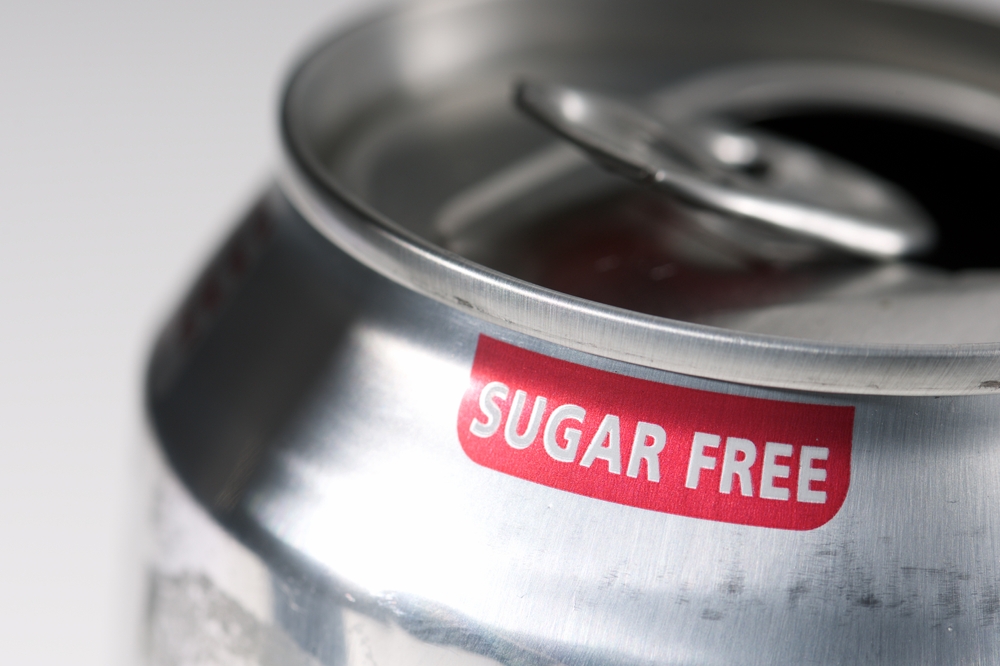
- Ingredients lists rarely just say “sugar.”
- You might see names like glucose syrup, fructose, maltodextrin, corn syrup, cane sugar, and more.
- This makes it hard to tell how much sugar is really in a product.
Expiration Dates Don’t Always Mean Unsafe

- “Best before” simply means the quality might decline – not that the food becomes dangerous.
- Many products are still perfectly safe after that date if they smell and taste fine.
- Use your senses and avoid food waste.
Superfoods Are Mostly Marketing
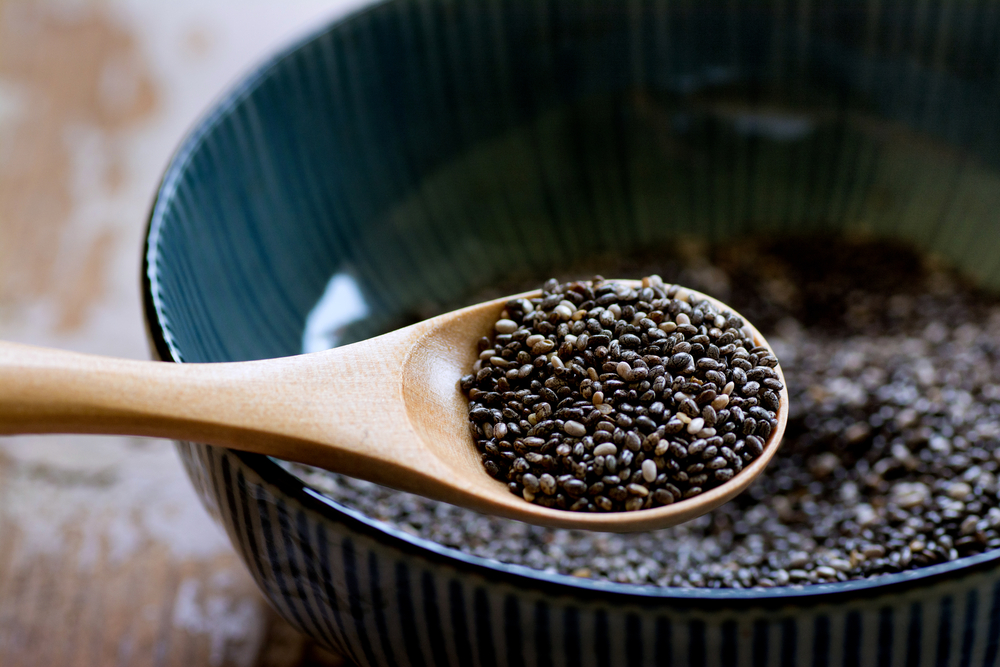
- Chia seeds, spirulina, and goji berries sound exotic and healthy – but they’re not necessarily better than local options like oats, beets, or cabbage.
- True health comes from your overall diet, not from individual “miracle ingredients.”
Plant-Based Doesn’t Always Mean Healthy
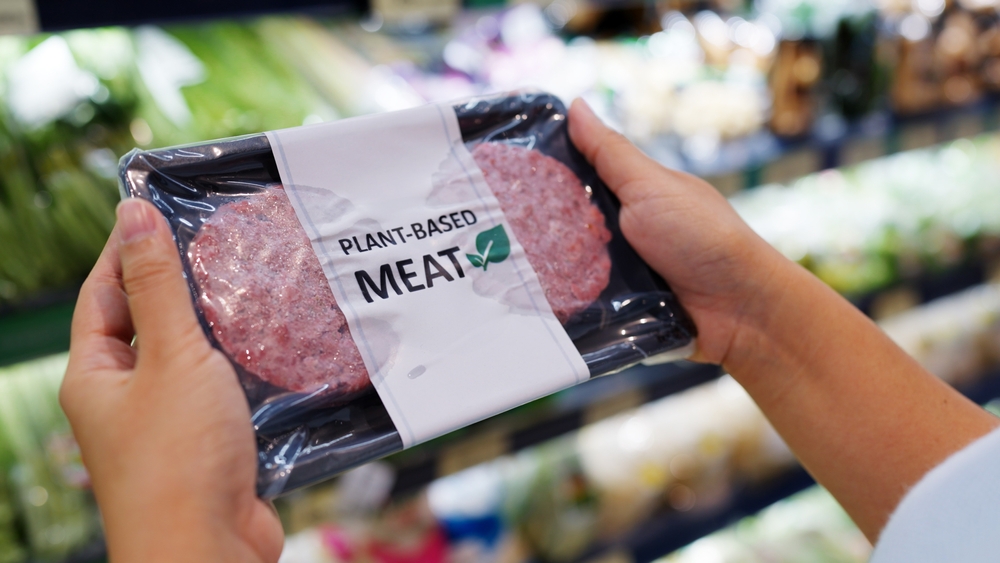
- French fries and vegan nuggets are technically plant-based – but they’re still ultra-processed.
- A plant-based diet can be healthy, but not all plant-based foods are automatically good for you.
Packaging Tricks You – Especially With “Light”
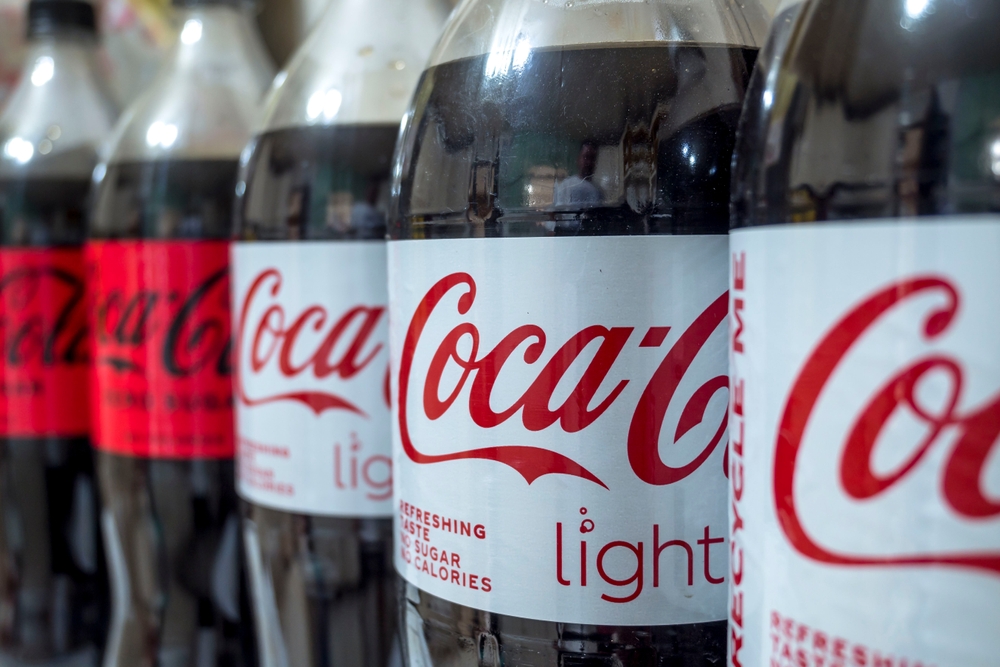
- Terms like “light,” “low-fat,” and “sugar-free” often make products seem healthier than they are.
- Many of these items have extra additives or more sugar to make up for lost flavor.
Fewer Ingredients Is Often a Good Sign

- A short ingredient list with familiar terms often indicates less processed food.
- The fewer and more understandable the ingredients, the easier it is to know what you’re eating.
Meat Requires Much More Water Than Veggies

- Producing beef uses thousands of liters of water compared to vegetables.
- For example, 1 kg of beef needs about 15,000 liters of water, while 1 kg of potatoes uses less than 300 liters.
- Your food choices have a big climate impact.
Leftovers Save the Planet and Your Wallet
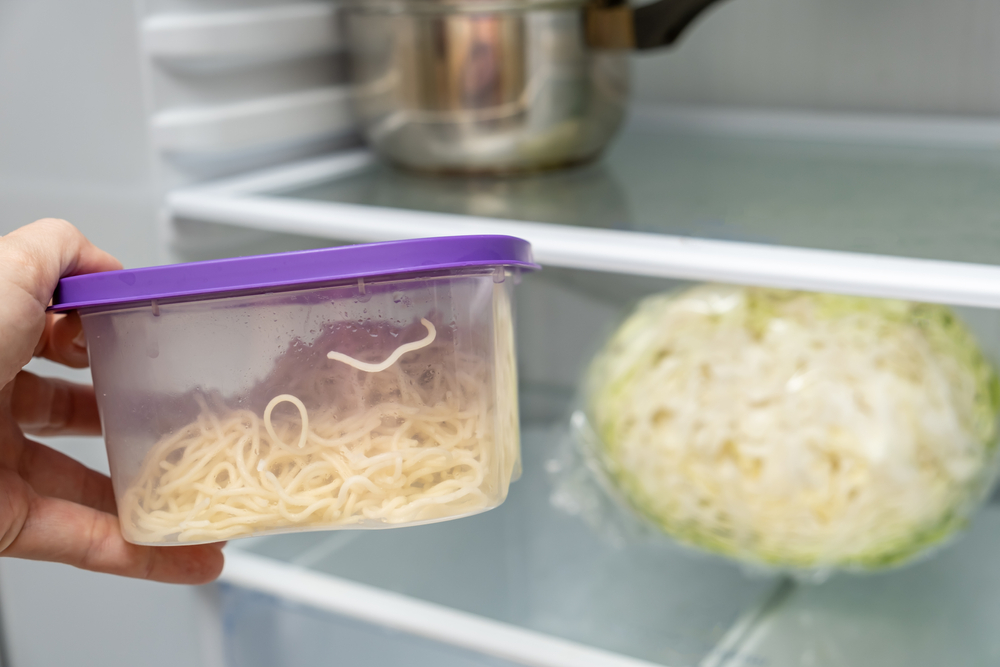
- Saving and reusing leftovers reduces waste and saves money.
- Food waste is a major climate issue – but it’s easy to fight with a little planning and creativity.
Local Ingredients Often Taste Better
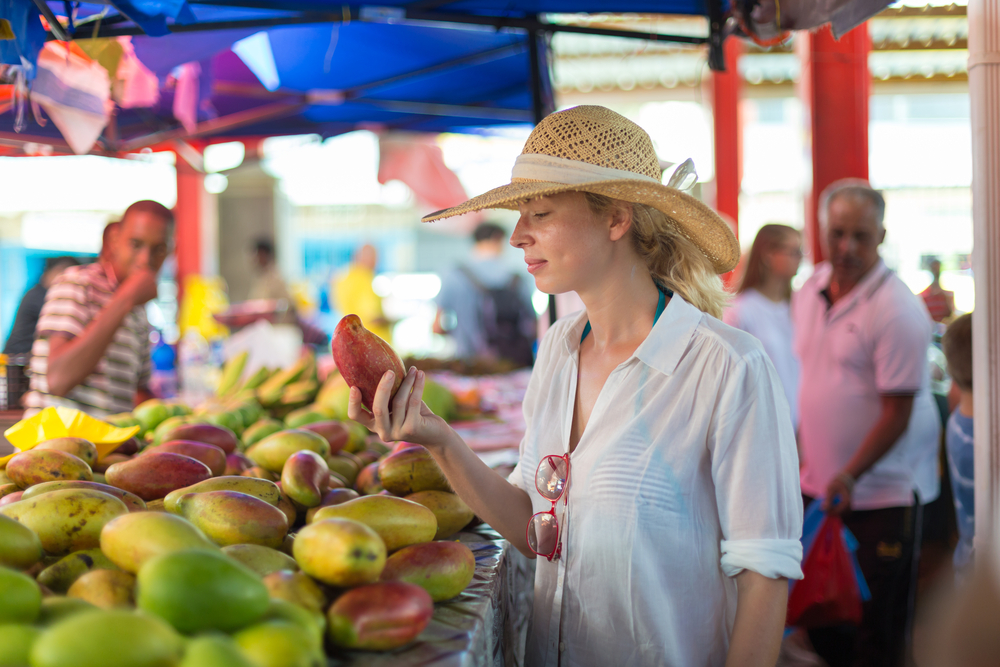
- Food grown near you is often fresher, more flavorful, and has a lower carbon footprint.
- It usually hasn’t traveled across the globe, which helps the planet and enhances your taste experience.


